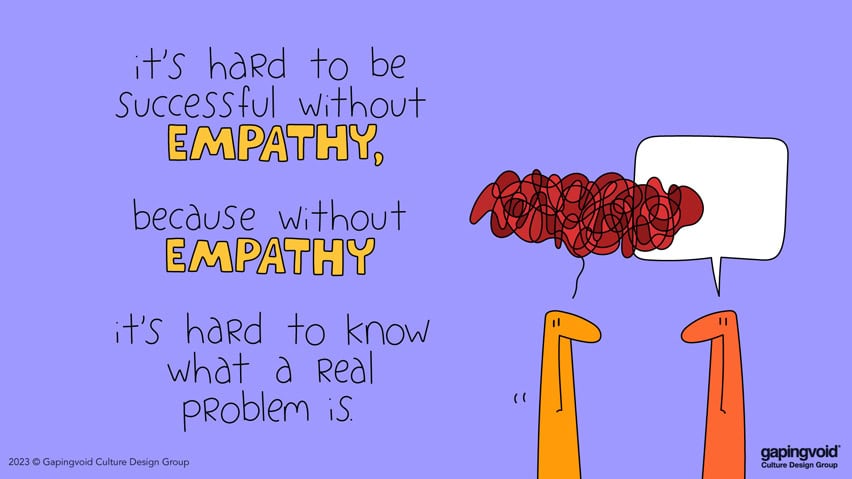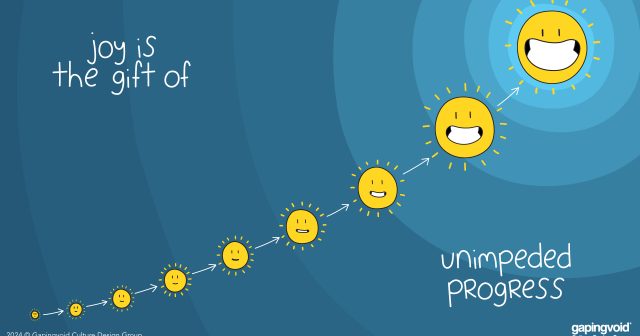
Things are rarely what they seem to be.
If we took things at face value, we’d still think the Sun revolves around the Earth. We’d still believe the universe is totally static (turns out, it isn’t static, and space is expanding). And we’d still think the Earth is a flat plane, not a sphere.
Surface appearances are not enough. As the fifth century Greek philosopher Heraclitus wrote, “truth lies at the bottom of a well.”
This is especially true when it comes to human interactions.
Chris Voss argued in Never Split the Difference that the outcome of a negotiation rarely hinges on rational analysis of costs and benefits – or anything else that is obvious, transparent, and reducible to an excel sheet. (The father of behavioral economics, Daniel Kahneman, also illustrated this truth brilliantly in his research). What really matters is the stuff under the surface – inchoate desires, subconscious drives, feelings, emotions, impulses, instincts, ego, and more.
I.e., the squishy and illogical stuff that makes humans, well, human.
As one of our G-teamers put it in a podcast episode: “Behind any resistance, there will be a deeply rooted need that’s not being met.”
So whenever there’s disengagement, or dissent, or dispute, most of the time it’s not because someone is simply choosing to be difficult or disagreeable. It’s not because they want to cause trouble or inconvenience their coworkers. It’s more often than not, something deeper – and something entirely understandable. They have an unmet need, and this is their way of signaling it, obliquely.
Rarely do we want to say “THIS is my unmet need, and THAT’S what YOU need to change to make ME happy”).
Great leaders know this. Which is why they react with empathy and compassion. They draw out an explanation of the problem – and then they fix it, and everyone continues to move forward together.
Not all great listeners are great leaders. But all great leaders are great listeners.




Unmet needs can be a root of many problems. They can be for basic things like security or love, or for desires like achievement or growth. When needs aren’t met, we can feel frustrated, anxious, or lonely. This can lead to unhealthy behaviors or struggles in relationships. By identifying and addressing our unmet needs, we can improve our well-being and build a more fulfilling life.